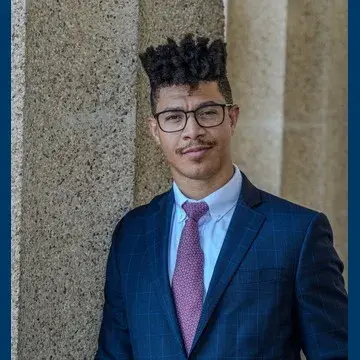
Business Start-up Clinic
RWU Law’s Business Start-up Clinic provides transactional legal services to nonprofit organizations and small businesses in Rhode Island.
Under supervision from faculty licensed to practice law in Rhode Island, second- and third-year law students work directly with clients on matters such as entity formation, tax exemption, governance, contract review and drafting, and intellectual property issues. Students also work with other professionals and organizations to learn more about and to serve the entrepreneurial and nonprofit community.
Students can expect to gain actual lawyering skills that will help them more easily transition from law school to practice including interviewing, counseling, client communication, navigating ethics and professional responsibility issues, researching, planning, and analyzing potential business decisions. Those enrolled in the clinic will work on a range of projects for organizational clients such as determining the best legal entity choice that fits the clients’ needs, assisting with the drafting and filing of organizational and governance documents, working on intellectual property issues, and creating agreements.
The Business Start-up Clinic is also part of the United States Patent and Trademark Office Law School program which allows law students enrolled in a participating law school's clinic program to practice Intellectual Property Law before the USPTO with close guidance from a Law School Faculty Clinic Supervisor.

